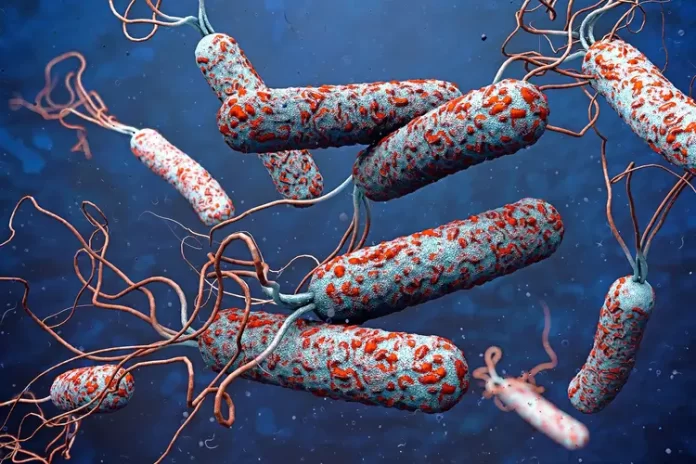The Upper East Regional Health Directorate has said that the region has not recorded any Cholera outbreak.
Despite this, health authorities are worried, given the recent rains coupled with the insanitary conditions in the region, with 69% of the population engaged in open defecation.
The Regional Health Directorate said the Ghana Health Service conducted reactive Oral Cholera Vaccination in the hot spots and in the Upper East Region, they have activated emergency response mechanisms, including heightened disease surveillance and public education on Cholera prevention.
The directorate is urging the public to put up with the best hygiene practices including frequent hand washing with soap, food safety and drink clean water.
Cholera can cause severe acute watery diarrhoea, which can be fatal within hours if untreated. Most people infected with cholerae do not develop symptoms but can spread the bacteria through faecal matter for 1–10 days. Symptoms appear 12 hours to 5 days after infection.
Most people with the disease have mild or moderate symptoms. A minority of patients develop severe acute watery diarrhoea and life-threatening dehydration.
Ghana in the past few months recorded Cholera outbreak in five regions including Ashanti, Central, Eastern, Greater Accra and Western.
Speaking at a Media and Stakeholder engagement, the Upper East Regional Director of the Ghana Health Service, Dr. Braimah Baba Abubakari explained that not recording a Cholera case in the region does not mean the region has been spared.
He is therefore calling on the public to be wary of the food, fruits and vegetables they eat, ensuring they adopt good hygiene practices.
“The Ghana Health Service continues to urge people, who have diarrhoea and vomiting, to immediately report to the nearest health facility for early case management to improve the survival rate. We entreat people to drink potable water, eat hot foods, wash fruits and vegetables thoroughly before consuming, and wash hands with soap under running water before handling foods and after visiting the toilet and touching surfaces.”
Dr.Abubakari cautioned that the spread of the disease is very rapid.
“Since October 2024, a total of 6,405 suspected cases have been reported in the five affected regions, 719 probable cases epidemiologically linked, 561 confirmed cases with 49 deaths. In response to the outbreak, the Ghana Health Service conducted reactive Oral Cholera vaccination campaigns in the affected hotspots. All regions, including the Upper East, activated emergency response mechanisms, including heightened disease surveillance and public education on cholera prevention. Strengthening Water, Sanitation, and Hygiene (WASH) Initiatives: Safe drinking water provision and improved sanitation practices are being promoted to prevent the spread of cholera,” he entreated the publics.




